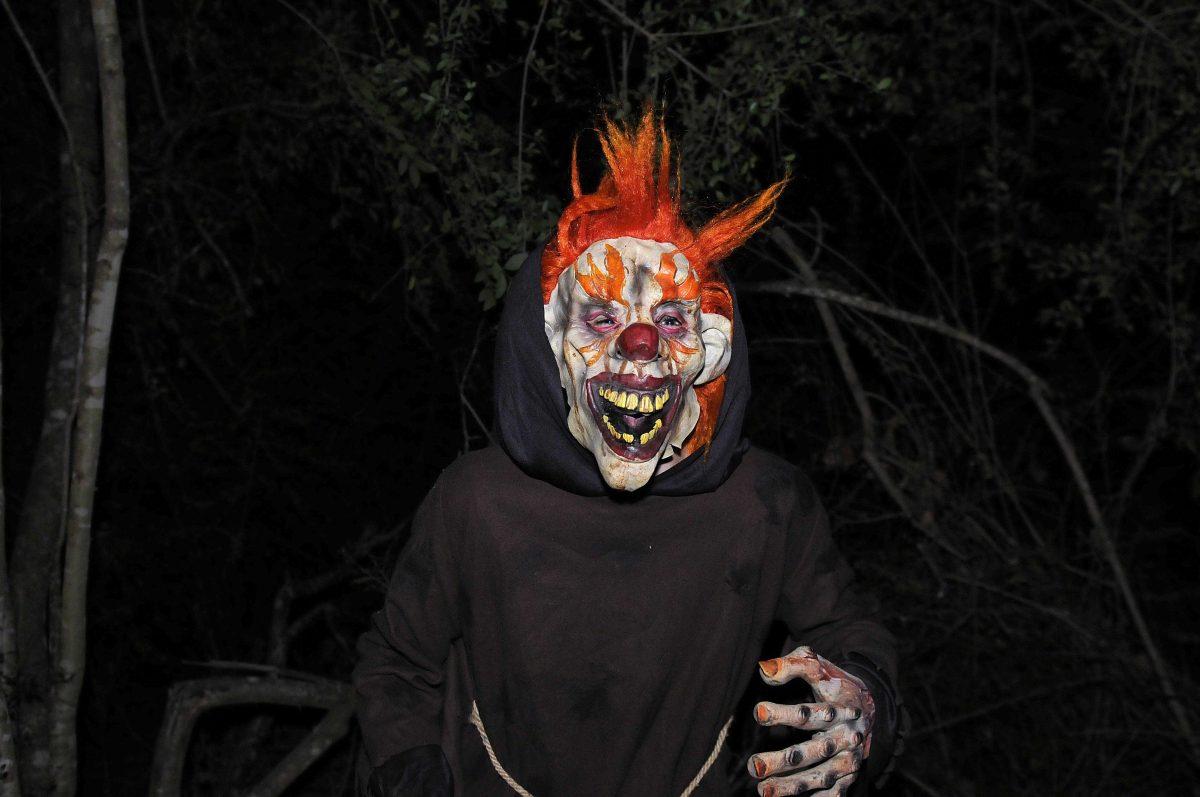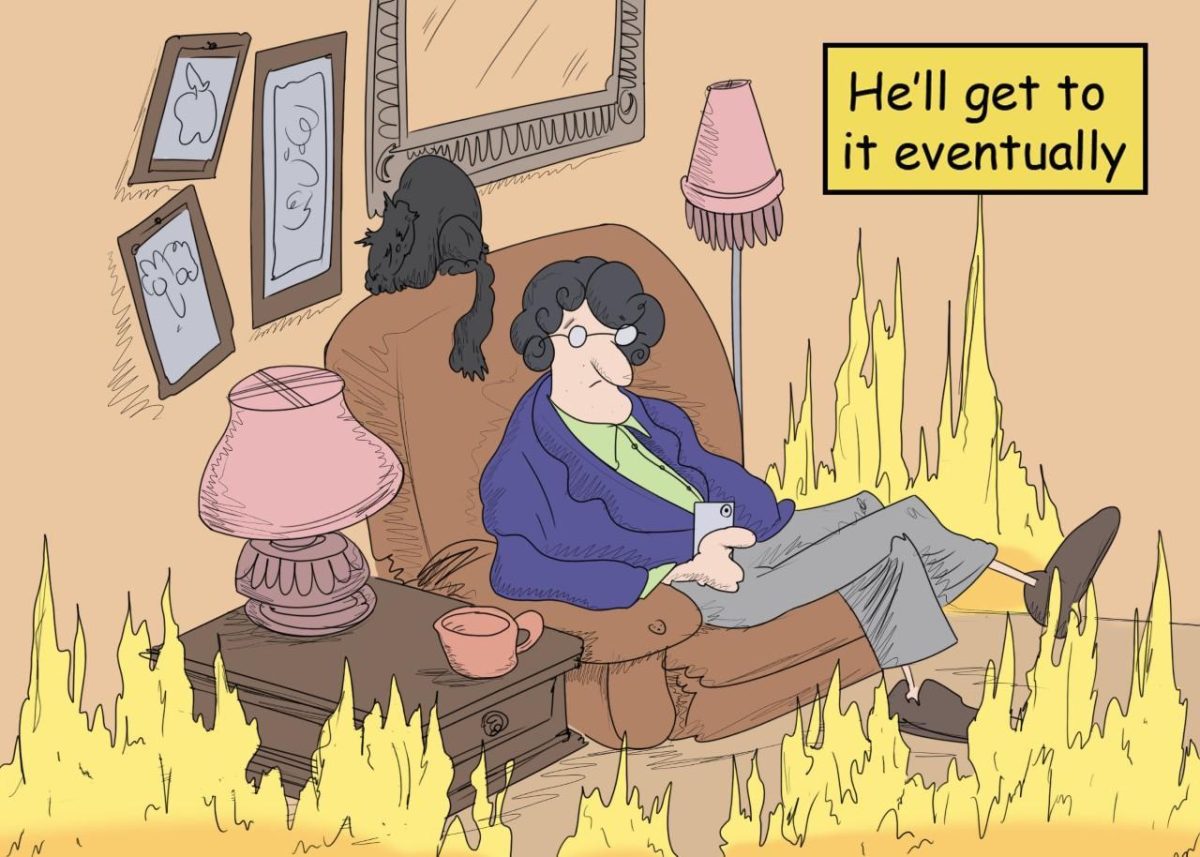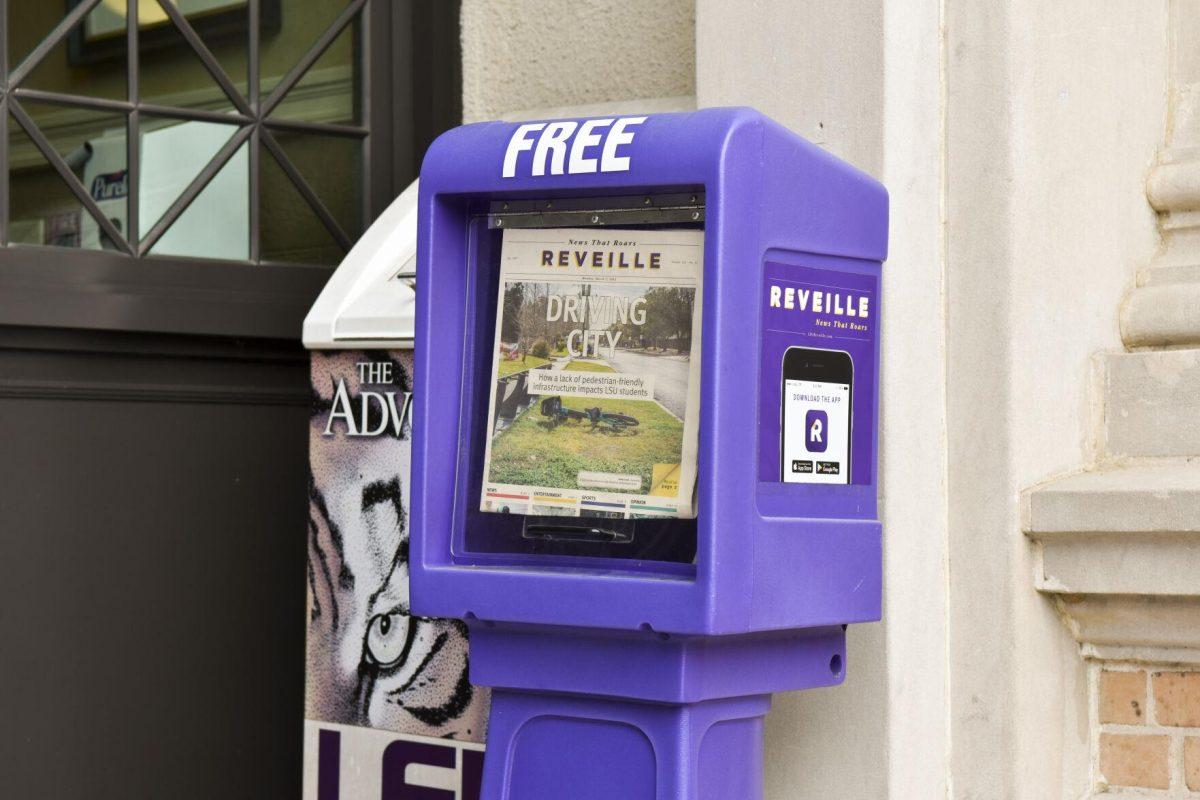For decades, the nation’s largest clown association remained silent about its portrayal in Hollywood, but the villain of “American Horror Story: Freak Show” has proven to be the murderous clown that broke the clowning community’s back.
Clowns of America International spoke against the critically acclaimed FX anthology series — and Hollywood in general — last week when president Glenn Kohlberger pointed Hollywood’s tendency to “sensationalize the norm” and “[turn] any situation, no matter how good and pure … into a nightmare.”
Kohlberger has a point, but should we expect any different from a show like “American Horror Story”?
Since the 1800s, portrayals of clowns, jesters and other similar entertainers have presented themes related to the horror genre. The idea of a man dressed in a colorful outfit with outrageous face makeup whose life’s work is based on entertaining the masses has become the poster child for violent crime.
This idea was reinforced in 1978, when John Wayne Gacy was arrested for brutally murdering more than 30 boys during the time he performed as Pogo the Clown. The clowning profession would then be stained by the actions of the “Killer Clown,” as the media called him.
Shows like “American Horror Story,” however, don’t intentionally portray any particular group in a negative way, because they serve as exaggerated forms of entertainment.
Ryan Murphy didn’t intend to insult clowns by making Twisty the Clown — portrayed by John Carroll Lynch — “Freak Show’s” scariest character. He’s simply using society’s already established fear of clowns and exploiting it to entertain audiences.
No one is going to assume a clown is a homicidal maniac simply because they saw it on a television show.
If anything, Kohlberger and the rest of the organization should protest when actions taking place in real life fuel coulrophobia — the fear of clowns.
Recently, there have been sightings of menacing clowns. According to eyewitnesses and pictures on social media, some of them are holding weapons like machetes in the towns of Bakersfield, Wasco and Delano, California.
Anonymous social media accounts by the name of “Wasco Clown” have claimed responsibility for the events in these towns, and the motives for this campaign remains unclear. Subsequently, copycats have started showing up in Jacksonville, Florida and in New Mexico.
Instead of worrying about fictitious characters like Twisty the Clown, why not boycott real impersonators walking around cities at night with “bloody clown costumes”?
“American Horror Story: Freak Show” revitalized clowns’ presence in pop culture, because until the show premiered on Oct. 8, the last thing anyone was talking about was the clowning profession. Forgive me if I don’t see Twisty’s negative ramifications on society.
The clowns’ association should instead build a shrine to Twisty, because his terrifying face has made being a clown relevant like never before.
In his statement, Kohlberger expressed his confusion as to how clowns came to be associated with violent crime.
It comes down to the actions of criminals like Gacy and the media’s fascination with strange professions, like clowning.
If Twisty had been a murderous accountant and Kohlberger was the president of an accounting association, his statements would not be as relevant as they are now.
Society will never view clowning as a serious profession, but at least clowns get to be on the news for being scary.
Hollywood is sensationalizing the fear factor surrounding clowns while also keeping the profession’s mystique alive.
Someday, we will live in a world where a clown can walk on the streets with a baseball bat and not end up on the evening news, or a television show will be centered around a jester’s desire to become a landscape architect.
Until then, be grateful that Murphy is making clowns marketable again.
At the end of the day, it’s better to be feared than forgotten.
Jose Bastidas is a 21-year-old mass communication senior from Caracas, Venezuela. You can reach him on Twitter @jabastidas.
Opinion: Fear of clowns benefits profession’s cultural relevance
October 21, 2014
A carrot topped clown scares attendees at the Cajun Country Corn Maze on Friday night, Oct. 18 in Pine Grove, Louisiana.
More to Discover










